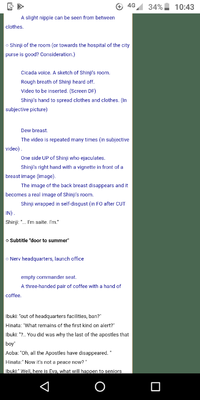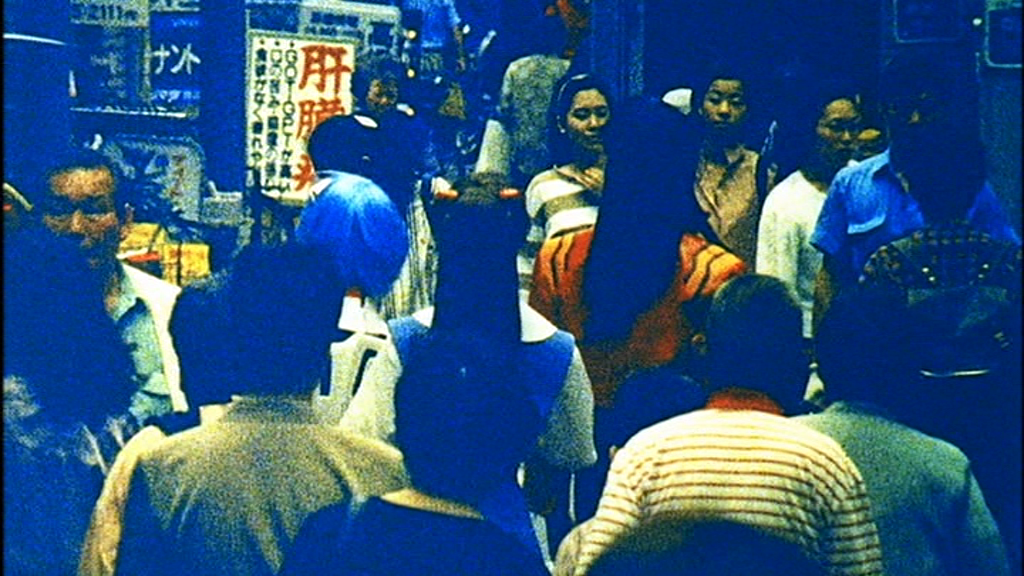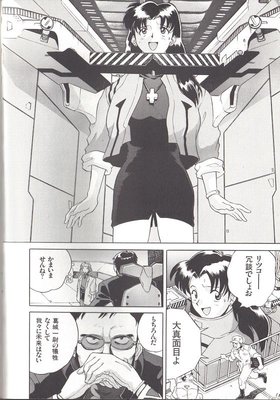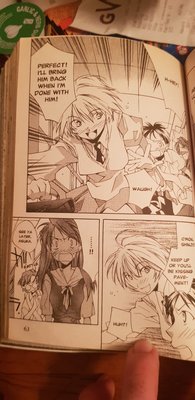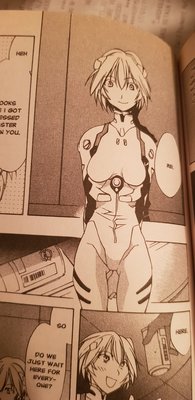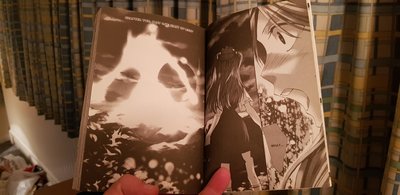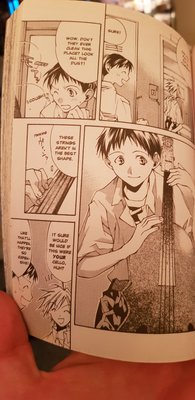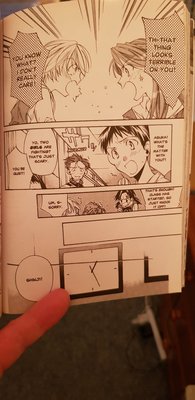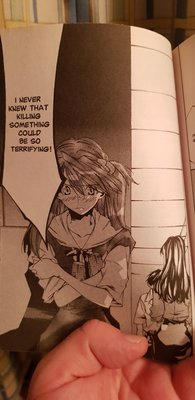I often see "you" or "I", but hear the characters name in the dub. I assume that use for "you" is when your very familiar with the person. But what about the "I"? Speaking in the third person is seen as a bit weird here, but in what circumstances do the Japanese do it? I think the last time I heard was in "If It's for My Daughter..." when the little girl uses her name instead of watashi.
Ooh, interesting questions!

To answer the first part, referring to someone and addressing someone in Japanese overlaps in ways that it doesn't in English.
For example, the sentence "
Anata, chotto kite" could be, depending on the context, translated as "Darling, come here a moment."
"
Anata", though, is just one of the many Japanese words meaning "you". See also the use of the words "
kisama" and "
temee" in shounen anime. These are similarly also just words for "you".
The flipside of this is that a person's name can be used when directly addressing them. Example: "
Shinji-kun, Shinji-kun mo iku?" is "Shinji-kun, are you going too?"
The first use of the listener's name in this case attracts his attention, as per in English, but the second one is in place of having to choose a word for "you", and so acts as a kind of "safe bet" if the speaker is as yet unsure which word would be appropriate or acceptable towards this person. Sometimes an obvious choice will become clear with more time; other times, the name choice will just stick and become the default. The person with the perceived higher social status is the one who gets to pick and choose, pretty much.
###
To answer the bit about speaking in the third person, that's reserved exclusively for girls. Girls, depending on their character, may choose to refer to themselves by their own name (in place of the standard "
watashi" or the feminine "
atashi"), in either a full or shortened form, and sometimes even with a "
-chan" suffix. This is deemed to be "
kawaii" (cute), but can also come across as rather cringeworthy or cloying, depending on your individual tolerance for things like this. It can also come across a rather demanding or diva-like as well in certain cases like "
Jun-chan mo ikitai!" ("Jun-chan wants to go too!") if a girl called Junko were to say that while drawing out the last syllable with a frown and a pout.


